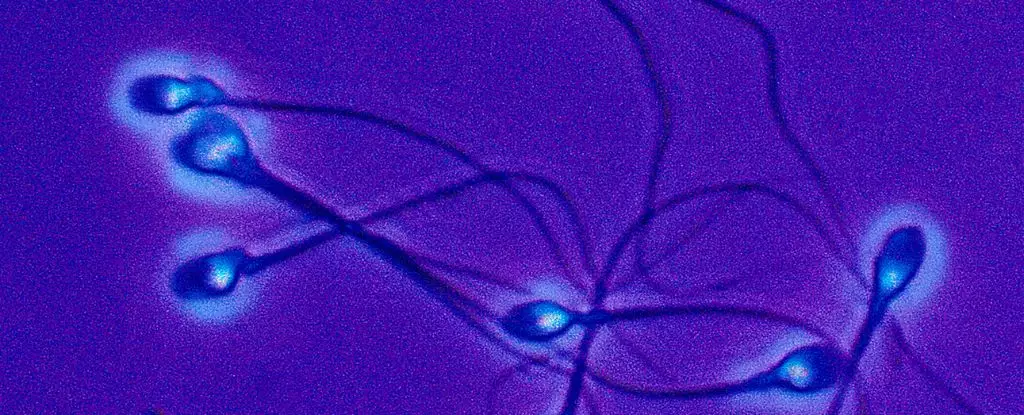The human papillomavirus (HPV) has long been associated with cervical cancer, but recent research from Argentina has shed light on the impact of this virus on male fertility. In a study involving 205 adult males, researchers found that high-risk strains of HPV were linked to a higher proportion of dead sperm in semen samples. This discovery is significant as it suggests that HPV can have detrimental effects on male reproductive health, beyond its well-known association with female reproductive system diseases.
The study conducted by infection microbiologist Virginia Rivero and her team at the National University of Córdoba revealed that men infected with high-risk HPV strains exhibited lower white blood cell counts and increased reactive oxygen species in their semen. These factors can lead to sperm damage and altered DNA, ultimately affecting sperm quality and fertility. These findings highlight the need for further research into the effects of HPV on male reproductive health and the development of targeted diagnostic and treatment methods.
Historically, HPV has been primarily associated with cancer in female patients, leading to a lack of awareness about the risks it poses to men. While HPV is known to cause cancer in the penis, anus, mouth, and throat of male individuals, diagnostic tools for detecting HPV in men have been limited. The “feminization” of HPV in public health discourse has resulted in disparities in vaccination rates between males and females, with boys often being considered secondary targets for HPV vaccination.
Despite the recommendations by the World Health Organization to include the HPV vaccine in routine childhood vaccinations for both males and females, boys continue to have lower vaccination rates compared to girls in many countries. This lack of vaccine uptake among males can be attributed to misconceptions about the vaccine’s relevance to male health and the perception that HPV is primarily a women’s health issue. As a result, men are missing out on the potential benefits of HPV vaccination in preventing HPV-related cancers and protecting male fertility.
The research from Argentina underscores the need for more comprehensive studies on the impact of HPV on male fertility and reproductive health. By expanding our understanding of the effects of HPV on sperm quality, DNA integrity, and reproductive outcomes in men, we can develop more targeted interventions to mitigate the negative consequences of HPV infection. Additionally, raising awareness about the importance of HPV vaccination for males and addressing misconceptions about the vaccine can help improve vaccine uptake rates and protect the health of both men and women.
The link between HPV infection and male fertility is an important area of research that warrants further investigation. By recognizing the risks of HPV infection in men and promoting HPV vaccination for all individuals, regardless of sex, we can work towards reducing the burden of HPV-related diseases and safeguarding male reproductive health. HPV should no longer be viewed as solely a “woman’s problem”, but as a public health concern that affects both men and women alike.


Leave a Reply